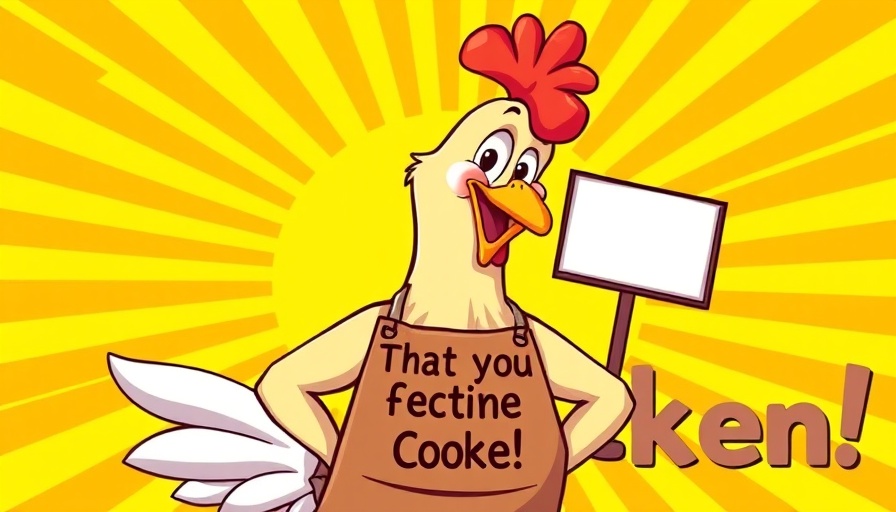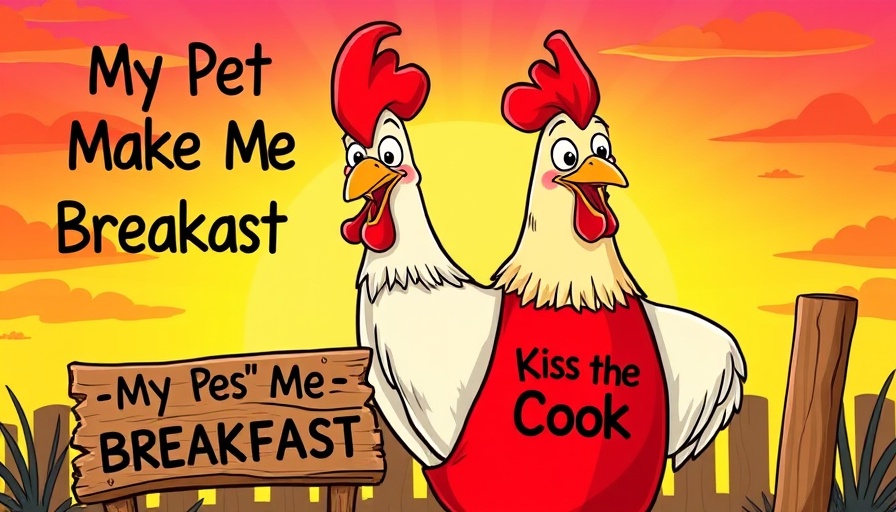
The Life and Care of Backyard Chickens
Every new venture starts with a few small steps, and owning a backyard flock is no exception. From selecting the right breed to ensuring their health and well-being, raising chickens can be a fulfilling journey for anyone, especially those who appreciate fresh eggs and the joys of rural life.
Understanding the Essentials: What You Need to Know
The backbone of a successful chicken-keeping venture is understanding the requirements for proper care. As many aspiring chicken owners ponder over the idea, fundamental questions arise: How much space do I need? What should I feed them? And can I really keep them in my suburban backyard? The answer to all these questions often requires diligent research and careful planning. According to expert advice, a good rule of thumb is to provide around 3 square feet of space per chicken inside the coop and to ensure proper fencing to prevent predators, including cats and raccoons.
Benefits Beyond Eggs: Chickens as Companions
Interestingly, raising chickens is not just about egg production. It also fosters a deep connection between the owner and their flock, providing not only a source of food but also companionship. Studies show that children learning responsibility through animal care often develop a greater sense of empathy and understanding of life sciences.
Maintaining Chicken Health: Biosecurity and Best Practices
Health management is crucial when it comes to poultry. The introduction of biosecurity measures protects not only the individuated flock but also local poultry populations. Even in backyard settings, diseases can spread quickly. Owners are encouraged to adhere to recommended practices such as keeping a clean coop environment, separating sick birds, and ensuring proper food selection tailored to the age and stage of the chickens.
Economics of Backyard Flocks: Balancing Cost and Value
While the cost of raising chickens can add up—ranging from feed to coop maintenance—the many rewards often outweigh the monetary investment. From enriching family dynamics to lowering food waste by allowing chickens to consume table scraps, chicken ownership is often more about the lifestyle benefits rather than pure financial savings.
Getting Started: Tips for New Chicken Owners
For those still on the fence, consider starting with a small flock, perhaps three to five hens. By beginning this way, you can gradually learn the intricacies of poultry care. Seek local sources or online hatcheries to purchase healthy birds and always ensure they are safe, well-bred, and disease-free to ensure a thriving backyard habitat.
For anyone eager to transition into this rewarding lifestyle of backyard chicken-keeping, the right preparation and knowledge can pave the way to a fulfilling experience!
 Add Row
Add Row  Add
Add 




Write A Comment